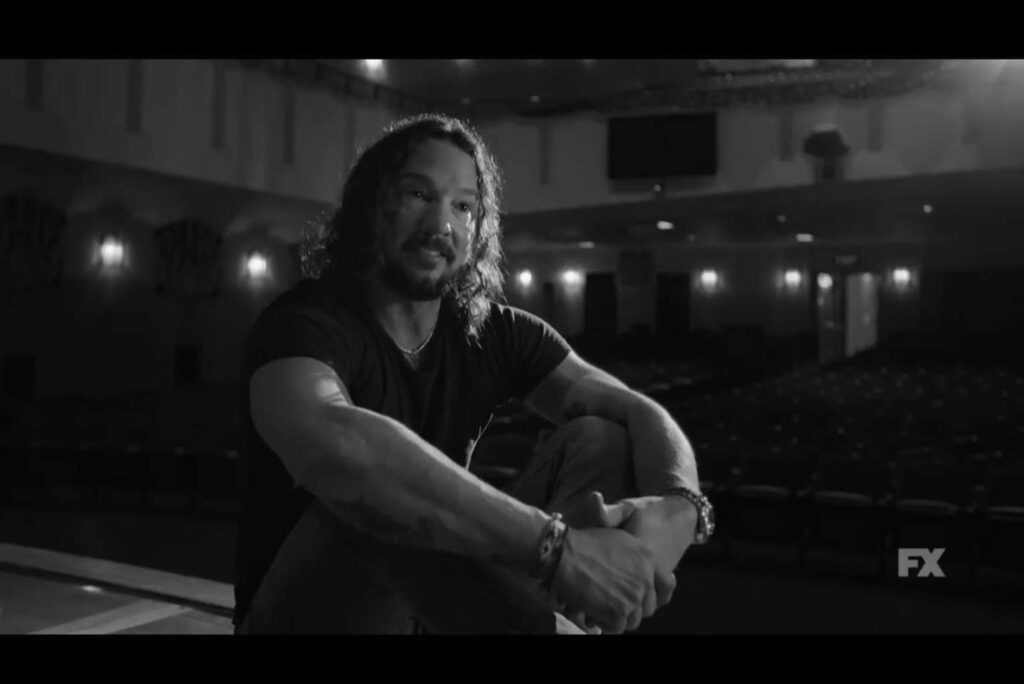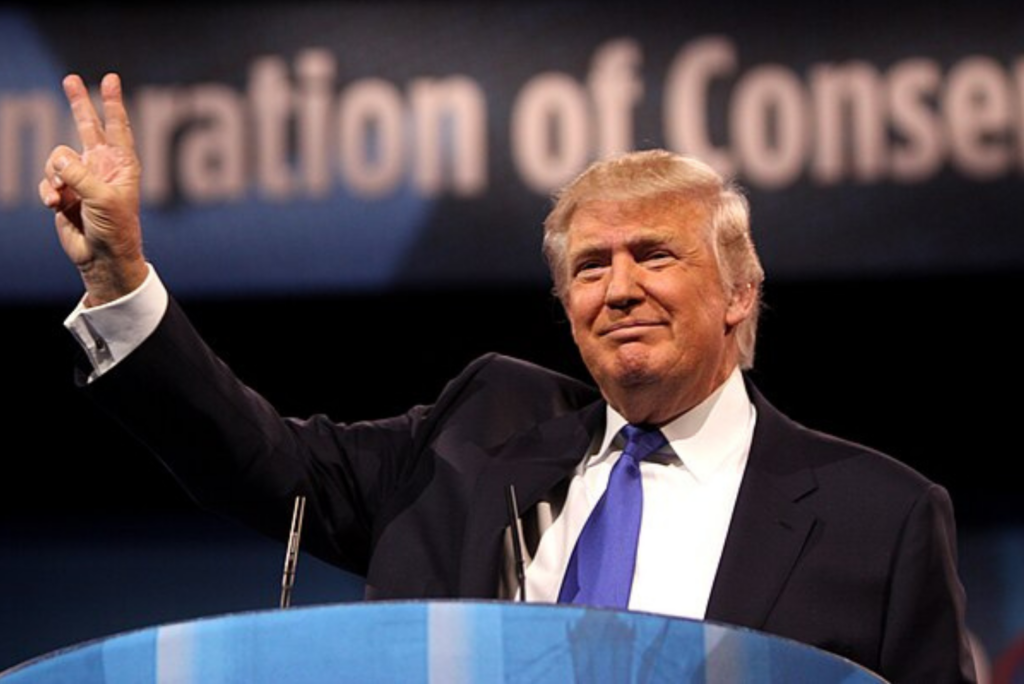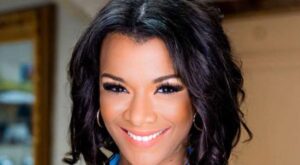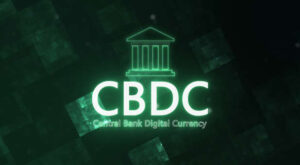Most young adults of every religion, race and ethnicity support access to affordable contraception.
And 56 percent of people ages 18 to 35 say that in some situations, choosing to have abortion “is the most responsible decision that a woman can make.”
But, a new survey finds, the reasoning behind these millennial beliefs might surprise older adults who are more rooted in religious doctrines. Most young adults hold views on moral issues that are a long way from what some major religions preach on issues such as abortion and contraception.
For most millennials—including one in three who don’t identify with any particular religion—it’s all about personal circumstances, said Robert Jones, CEO of Public Religion Research Institute.
On Friday (March 27), PRRI released a major survey, funded by the Ford Foundation, looking at the views of U.S. adults ages 18 to 35 on issues such as sexual behavior, gender identity, abortion, contraception, sexual assault on campus and more.
“What we see running through the answers is that where principles of fairness come up, millennials want to see equal access to health services, abortion and contraception. They think people should have individual freedom to make decisions,” said Jones.
Personal experience can color their views as well, said Jones. The survey found 8 percent of people said they themselves had an abortion and 36 percent know a close friend or family member who did. And nearly half of millennial women say they either have personally used emergency contraception such as Plan B (18 percent) or know a close friend or family member who as done so (29 percent). These are the contraception methods some critics consider abortifacients, or abortion-inducing.
Abortifacients were a key point in the Hobby Lobby case heard by the Supreme Court. In its ruling, the court allowed small businesses the right to opt out of providing insurance coverage for free contraception based on their religious objections to providing access to some—or any—forms of contraception. PRRI found 58 percent of millennials opposed the Supreme Court ruling. A mere 9 percent of millennials say contraception is morally wrong.
“Millennials seem reluctant to make blanket black-and-white moral pronouncements about issues they see as complex,” said Jones.
“They don’t only make legal allowances for circumstances, they also make moral allowances for people in difficult circumstances. It’s more about empathy than it is about autonomy.”
So, to the extent that religious authorities or doctrines are seen to make black-and-white statements, Jones said, “millennials are going to have a problem.”
For example, when Jones looked more closely at Catholics, whose church stands against all forms of artificial contraception, he found only 11 percent of all Catholics said it was morally wrong. Catholics, both men and women, fell right in line with millennials overall, with about 70 percent saying artificial contraception is morally acceptable and nearly two in 10 saying it depended on the situation.
Millennials—including 87 percent of Catholic women and 79 percent of white Protestant women—also favor expanding access to contraception to women who cannot afford it.
But looking at access to contraception in economic terms revealed a split along the lines of religious identity.
With one exception, majorities of every major religious group, including 60 percent of Catholics, say access to contraception—the ability to control if or when they have children—is critical to a woman’s financial security.
But only 38 percent of white evangelicals said it was critical and 62 percent disagreed.
White evangelical millennials also stood out from other millennials on the issue of abortion: 80 percent of white evangelical millennials say abortion should be illegal in all or most cases. That set them apart from majorities of black Protestants, white mainline Protestants and white Catholics who all say it should be legal in all or most cases.
However, the influence of white evangelicals on public opinion in the future may be muted by their small—and aging—numbers. White evangelicals are the oldest of the major religious affiliations, with 49 percent of them age 50 and older. According to the PRRI survey, only 11 percent are millennials, a close parallel to young white mainline Protestants (10 percent) and Hispanic Catholics (10 percent).
A sampling of other findings:
* Most millennials (73 percent) say sexual assault is somewhat or very common on college campuses and 53 percent say this is also the case on high school campuses.
* One-quarter of millennials say that marriage has become old-fashioned and out of date, while 71 percent disagree.
* Millennials fall into a four-way split on “pro-life” and “pro-choice” labels. While 25 percent say they are exclusively “pro-life” and 27 percent say they’re “pro-choice,” 22 percent rebuff both labels and nearly 27 percent say that both labels describe them equally well.
* 7 percent of millennials identify either as lesbian, gay, bisexual, or transgender.
The survey of 2,314 U.S. adults was conducted online in both English and Spanish between Feb. 12 and Feb. 25. The margin of error for the overall survey is plus or minus 2.7 percentage points.
Copyright 2015 Religion News Service. All rights reserved.
See an error in this article?
To contact us or to submit an article





















